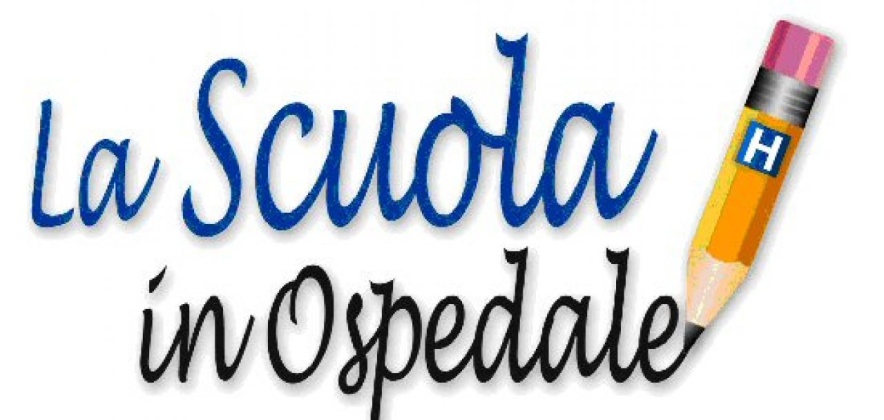
The Hospital School (HSO) is configured as a non-standard learning environment in which all the indicators of the school system changes: space, time, bodies and relationships. The research saw a first phase consisting of an exploratory survey conducted with a mixed method approach to investigate: (a) the teaching spaces; (b) the teacher’s representations of this space; (c) the activation of the body in the teaching practice. The second phase used the explanatory interview on bodily practices and a survey through observation on the relationship among Sport Therapy, Physical Literacy and psychosocial skills. From the analysis conducted, it emerges that the social inclusion of the student and the activation of the body represent a criticality of teaching in the Hospital Schools. The teacher must be able to deal with multidisciplinary teams or have validated teaching scripts available. The third phase, currently underway, aims to develop a specific and integrated motor education curriculum.
 Classified "A" by ANVUR in the fields 11/D1, 11/D2 Scientific in the field 14.
Classified "A" by ANVUR in the fields 11/D1, 11/D2 Scientific in the field 14.

